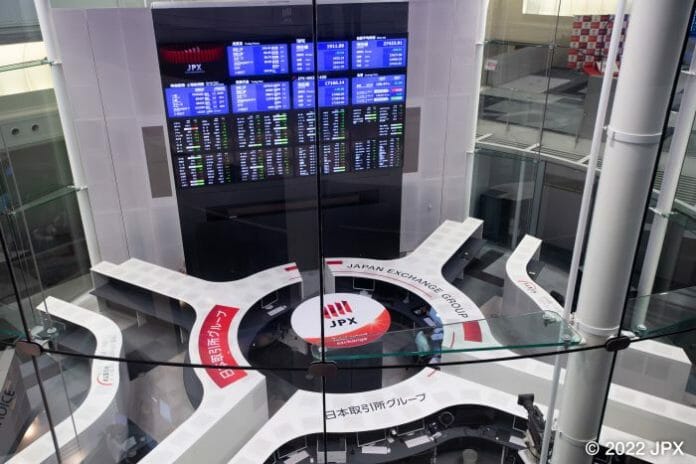Foreign investors have been buying Japanese stocks and pushing the market to 33-year highs. Year to date, the MSCI Japan index has returned 11.6% in USD terms. Investors, late to the game, are wondering if much of the rally is over. After the strong market run, Japan’s equity valuations are now at the 10-year historical average of 14x earnings and as such no longer optically cheap versus its own history.
Ivailo Dikov, Head of Japan Equities & Oliver Lee, Client Portfolio Manager, Eastspring Investments, discuss tailwinds powering growth in Japan, value in Japanese corporates, Japan’s positive outlook in view of inflation, as well as the impact of policy normalisation on Japan.
Here are the excerpts
Japan’s economy grew at a faster-than-expected pace in 1Q23 and current account surplus more than doubled year-on-year in May on a smaller trade deficit and higher investment income. In addition, Japan’s post-COVID re-opening only started this year, accelerating towards the second quarter, and boosting the domestic economy. Rising inbound tourism will be another major growth driver; per capita, spending by tourists hit a new high in 1Q23.
In January, the Tokyo Stock Exchange (TSE) ramped up pressure on Japanese corporates by recommending that companies with persistently low price-to-book ratios disclose plans to improve balance sheets. That resulted in several huge buybacks. We expect this trend to continue and are encouraged to see more companies announcing cost-cutting and restructuring. With a consensus culture in Japan, most management teams will be motivated to fall in line with the TSE objectives and be much more shareholder focussed in the future.
Inflation appears to be broadening out and looking more sticky. This is allowing corporates that were negatively impacted by imported inflation last year to increase their pricing, benefiting margins. The capex environment is also improving, with the long-term drivers being the green transformation and ‘friendshoring’. Equally, the labour market remains very tight as Japan’s working-age population is declining, exerting upward pressure on wages. This is key for a sustained move out of the deflationary era, and we still think this is the best chance Japan has had in a generation to do so.
Higher rates would clearly be beneficial for financials after operating in a negative interest rate environment for so long and we note that even if the Yen strengthens back towards 130 against the USD it is still a comfortable level for most exporters. If inflation and growth are starting to prove more sustainable in BoJ’s eyes, this should be viewed as a positive for both consumer and investor sentiment. We do not see a normalisation of monetary policy undermining the long-term investment case for Japanese equities, which looks solid given the numerous longer-term structural tailwinds.
Valuation divergence between growth and value stocks is still elevated versus history. Eastspring Investment still sees plenty of opportunities in the value and mid-cap space and will assess companies based on the thorough business cycles and sustainable earnings. Japan is also well-positioned to handle any fallout from rising US-China tensions, as both countries are Japan’s key trading partners.
The long-term investment case remains solid, and we would characterise the current Japanese valuations as attractive rather than super cheap. Many foreign investors are still looking to build more permanent Japanese equity positions in their portfolios. The ongoing share buybacks are pushing up yields, which should encourage retail investors back into the equity market.
Japanese equities are set to remain in demand in the second half of the year, and any pullback in the market is likely to be used as a buying opportunity. Perhaps the time has come for Japan to trade at a premium to long-term depressed valuation levels.









